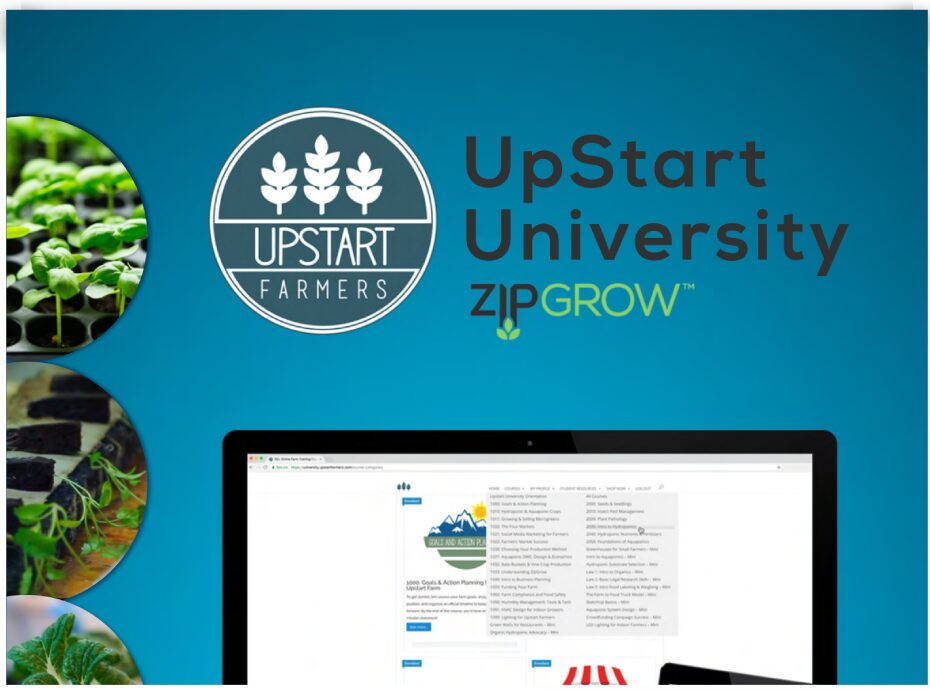Education
This curriculum is designed to be holistic, addressing both the technicalities of hydroponic farming and the overarching goal of supporting veterans' well-being. Adjustments can be made based on duration, resources, and the specific needs and feedback of the participants.
1. Introduction to Hydroponics:
- History and evolution of hydroponic farming.
- Basics of plant physiology and the science behind hydroponics.
- Types of hydroponic systems: DWC, NFT, Wick System, Aeroponics, etc.
- Benefits and challenges of hydroponic farming.
2. Hydroponic Systems Setup:
- Choosing the right system based on goals and space considerations.
- Equipment overview: Reservoirs, pumps, air stones, grow lights, and more.
- DIY setups versus commercial systems.
- Maintenance and cleaning of systems.
3. Water and Nutrient Management:
- Basics of nutrient solutions and their importance.
- pH and EC: Their roles and methods of measurement and adjustment.
- Nutrient deficiencies: Identification and rectification.
- Water quality and filtration techniques.
4. Planting and Growth Stages:
- Seed starting and germination.
- Transplanting seedlings into hydroponic systems.
- Vegetative and flowering stages.
- Harvesting techniques and post-harvest handling.
5. Pest and Disease Management:
- Common pests in hydroponic systems: Identification and organic control measures.
- Disease prevention and treatment.
- Importance of a sterile environment.
6. Environmental Control:
- Role of light, temperature, and humidity.
- Grow light options and light cycles.
- Ventilation and air circulation.
7. Crop Selection and Rotation:
- Ideal crops for hydroponic cultivation.
- Seasonal considerations for continuous farming.
- Crop rotation principles to prevent disease and optimize production.
8. Business and Marketing Aspects:
- Market analysis and understanding consumer demand.
- Branding, packaging, and distribution.
- Business planning, financing, and scalability.
9. Therapeutic Benefits of Farming:
- Introduction to horticultural therapy.
- Mindfulness practices and stress relief through farming.
- Group sessions and discussions.
10. Soft Skills and Community Building:
- Effective communication and teamwork.
- Conflict resolution.
- Networking and building community relationships.
11. Advanced Topics (Optional):
- Aquaponics: Integrating fish farming with hydroponics.
- Automation in hydroponics: Using technology for efficient farming.
- Organic hydroponics and certifications.
12. Field Work and Hands-on Training:
- Practical sessions in hydroponic farms.
- Troubleshooting real-world challenges.
- Interactive sessions with experienced hydroponic farmers.
Growing next-gen indoor farmers through hands-on CEA education
Those working in the commercial CEA industry require some knowledge of chemistry, engineering, plant pathology, and physiology, as well as foundations in hydroponic growing.
Rising populations and lack of access to arable land are other major driving factors for job growth within the CEA sector, but the ratio of training opportunities in hydroponics for business versus job availability is very limited. As the industry develops, it’s crucial that training opportunities and education are there to support it.

One perspective I got from the course is that we are going back to our roots of growing our own food, just in a different way!
Adam Lariviere,
Student graduate
At ZipGrow Inc., we want to be part of the solution.
In the fall of 2022, ZipGrow partnered with St.Lawrence College to host a Controlled Environment Cultivation Program. Essentially a pilot course, this eightweek program provided both in-class and lab learning to students to prepare individuals for a career in indoor farms and greenhouses that produce food, cannabis, or ornamental crops.

The curriculum included lessons on; Controlled Environment Crops, CEA Production Method, Integrated Pest Management, Plant Propagation, Nutrients, Fertilizers, Water Quality, business modeling, and more…
The course structure was split between in-class lessons at St.Lawrence College and ZipGrow Inc. HQ, instructed by a myriad of industry professionals from the Eastern Ontario region and ZipGrow Inc team experts.
It covered all types of hydroponics, including DWC, drip irrigation, and aquaponic systems. We are open to further partnerships to help support the next generation of indoor farmers. Who is with us?

This is the most amazing class I have ever been in by far. The different teachers, experience levels and perspectives, and all the shared personal experiences made it really enjoyable.
Devin Walker,
Student graduate



